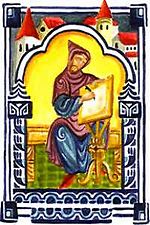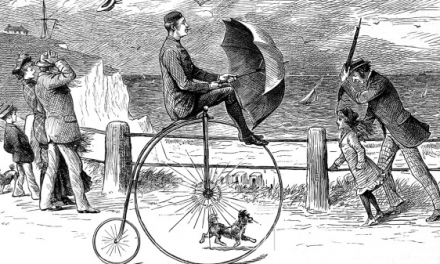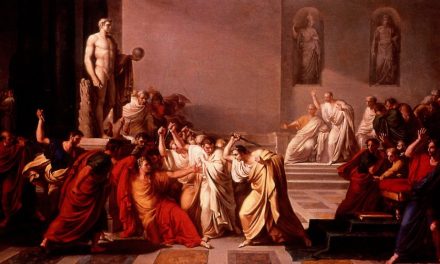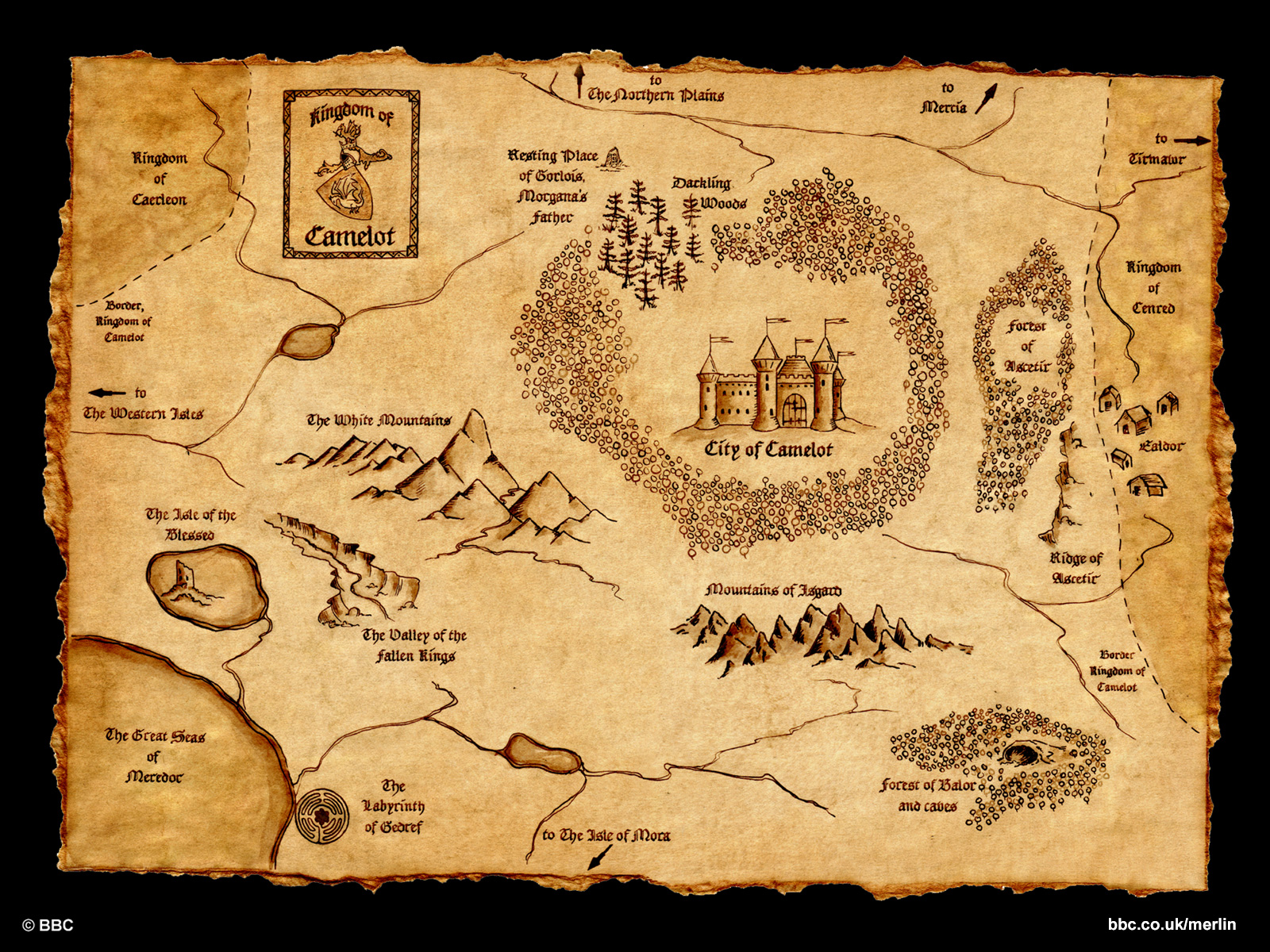News Year Eve in the West means December 31st and looking forward to another Calendar year ahead. However this isn’t universally celebrated at this time of year. Different cultures have different starts to their years. Even in Britain it was not so long ago that New Year was celebrated in March!
Christian New Year

Dionysius Exiguus : Calculator of the Anno Domini dating system
Anno Domini or “the year of our Lord” is the dating system we use in the West and is based on the calculated date of Jesus Christ’s birth. Therw was no year zero and the system started directly at 1 AD. The adoption of this dating system occurred at different times and in different places throughout Europe during the early middle ages.
However when the reckoning from Jesus’ incarnation started replacing the previous dating systems in western Europe, different people chose different Christian feast days to begin the year: Christmas, Annunciation, or Easter. Thus, depending on the time and place, the year number changed on different days, which created slightly different styles in chronology.
Most western European countries changed the start of the year to January 1 before they adopted the Gregorian calendar.
The Gregorian calendar was introduced by Pope Gregory XIII,in 1582 and replaced what was previously called the Julian calendar. Not all countires adopted it at the same time. The new calendar was introduced to deal with the fact that the Julian calendar accumulated an error at the rate of about three days every four centuries, resulting in the equinox dates creeping forward. Not all European countries adopted the new calendar straight away.
For example, Scotland changed the start of the Scottish New Year to January 1 in 1600. England, Ireland and the British colonies changed the start of the year to January 1 in 1752. Later that year in September, the Gregorian calendar was introduced throughout Britain and the British colonies.
Therefore in England, the year 1751 was a short year of 282 days, running from 25 March to 31 December. 1752 was to began on 1 January to align the calendar in use in England to that in use on the continent, ie the changes introduced in 1582 by the Gregorian calendar. To this end, not only was the start of the year to be moved but the calendar was advanced by 11 days: Wednesday 2 September 1752 was followed by Thursday 14 September 1752. This was to deal with the better rules for Leap Years and for the date of Easter.
Jewish New Year
New Year for Jewish people is one of their most important events. The months of September and October are for welcoming the New Year. Festival celebrations begin with Rosh Hashanah and ends with Yom Kippur.
The origin of Jewish New Year can be traced from the Bible and takes place in the month of Tishri (that is the months of September and October according to the Gregorian calender.) It’s actually a 10 day long celebration, beginning at sundown of first day and lasting untill sundown on the tenth day. Rosh Hashanah is celebrated the first two days.
Rosh Hashanah occurs 163 days after the first day of Passover (Pesach). In terms of the Gregorian calendar, this means that the date of new year varies. The earliest date on which Rosh Hashanah can fall is September 5, as happened in 1899 and will happen again in 2013. The latest Rosh Hashanah can occur is on October 5, as happened in 1967 and will happen again in 2043.
The Year is referred to as Anno Mundi (Latin for “in the year of the world”), and is calculated as the number of years since creation, again from the Bible story of creation.
Rosh Hashanah will occur on the following days of the Gregorian calendar: Jewish Year 5772: sunset September 28, 2011 – nightfall September 30, 2011 Jewish Year 5773: sunset September 16, 2012 – nightfall September 18, 2012
Islamic New Year
Islam has a lunar based calendar with 354 days. Accordingly the New Year date changes every year as the Islamic Calendar is 11 days shorter than the solar calendar. Maal Hijra or Islamic New Year is celebrated on the first day of Muharram (the first Islamic month). The word Muharram also means respect. It is more of a cultural event than a New Year celebration. People welcome the New Year with peace and prayers.
The Islamic calendar started counting the years from July 16, 622 AD, which is the estimated date of Muhammad’s flight to Yathrib. The formula for converting the Christian year to the hijra year and back again is given below :-
| Hijra Year | = | (Christian Year – 622) * 1.031 |
| Christian Year | = | (Hijra Year / 1.031) + 622 |
Because the Islamic year is 11 days shorter than the Christian Calendar, which is based on the Lunar calendar, it creeps forward by 11 days each year.
| Islamic Year | Gregorian Date |
|---|---|
| 1426 AH | 10 February 2005 |
| 1427 AH | 31 January 2006 |
| 1428 AH | 20 January 2007 |
| 1429 AH | 10 January 2008 |
| 1430 AH | 29 December 2008 |
| 1431 AH | 18 December 2009 |
| 1432 AH | 7 December 2010 | 1433 AH | 27 November 2011 |
| 1434 AH | 15 November 2012 |
| 1435 AH | 4 November 2013 |
Chinese New Year
The Chinese New Year falls on a different date each year because it is based on a combination of lunar and solar movements. It can occur between January 21 and February 20.
The festival begins on the first day of the first month (Chinese: 正月; pinyin: Zhēng Yuè) in the traditional Chinese calendar and ends with Lantern Festival which is on the 15th day. Chinese New Year’s Eve is a day where Chinese families gather for their annual reunion dinner and is known as Chú Xī (除夕) or “Eve of the Passing Year.”
Each Chinese Year from has an animal zodiac associated with it as illustrated below :-
| Animal | New Year dates | ||
|---|---|---|---|
| Rat | February 19, 1996 | February 7, 2008 | January 25, 2020 |
| Ox | February 7, 1997 | January 26, 2009 | February 12, 2021 |
| Tiger | January 28, 1998 | February 14, 2010 | February 1, 2022 |
| Rabbit | February 16, 1999 | February 3, 2011 | January 22, 2023 |
| Dragon | February 5, 2000 | January 23, 2012 | February 10, 2024 |
| Snake | January 24, 2001 | February 10, 2013 | January 29, 2025 |
| Horse | February 12, 2002 | January 31, 2014 | February 17, 2026 |
| Goat | February 1, 2003 | February 19, 2015 | February 7, 2027 |
| Monkey | January 22, 2004 | February 8, 2016 | January 27, 2028 |
| Rooster | February 9, 2005 | January 28, 2017 | February 13, 2029 |
| Dog | January 29, 2006 | February 16, 2018 | February 3, 2030 |
| Pig | February 18, 2007 | February 5, 2019 | January 23, 2031 |
Hindu New Year
Hindu New Year is celebrated according to the Hindu Lunar Calendar- Panchanga. The popular name of the Hindu New Year is Vikram Samvat. In the Indian Calendar, seasons follow the sun, months follow the moon and days both sun and moon. The calendar began in 57 BC. So to correspond with the solar calendar, 57 years need to be subtracted from the Hindu Year.
New Year falls at the time and date the Sun enters Aries on the Hindu calendar. Normally on 13 April or 14 April depending on the Leap year. The new year is celebrated children (young and old) by paying respect to their parents and other elders and by seeking their blessings. They also exchange tokens of good wishes for a healthy and prosperous year ahead.





You must be logged in to post a comment.